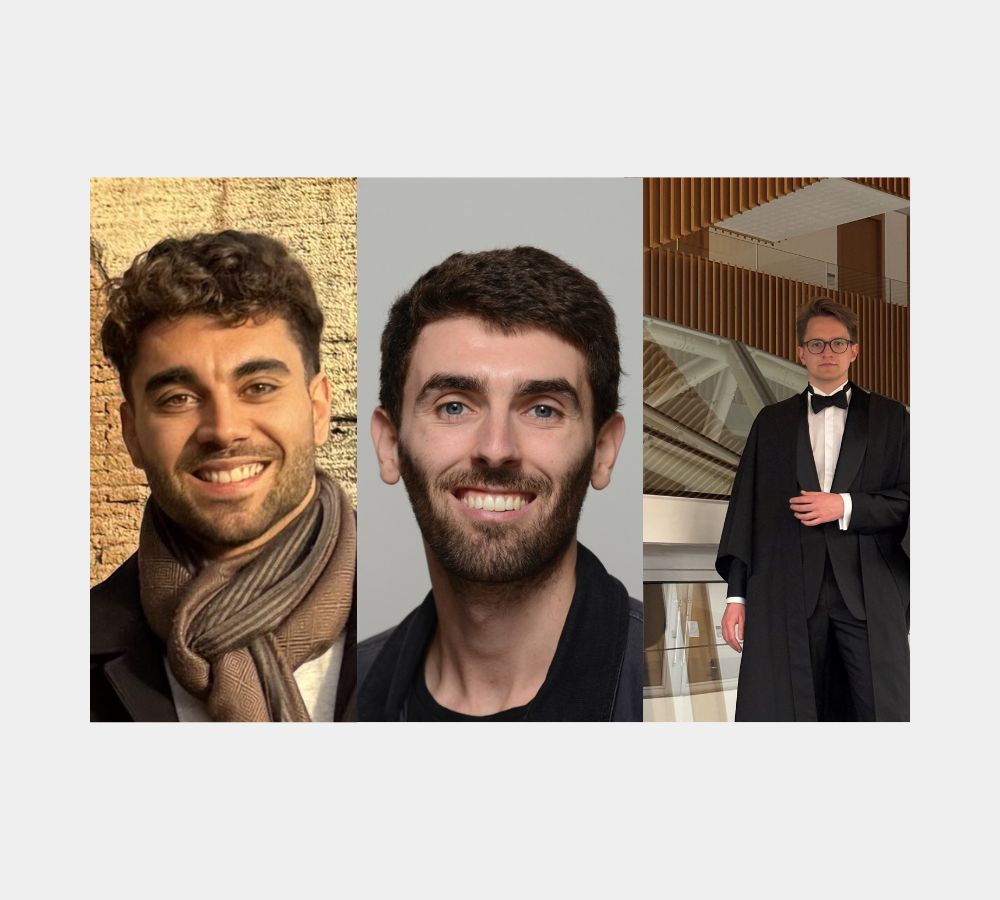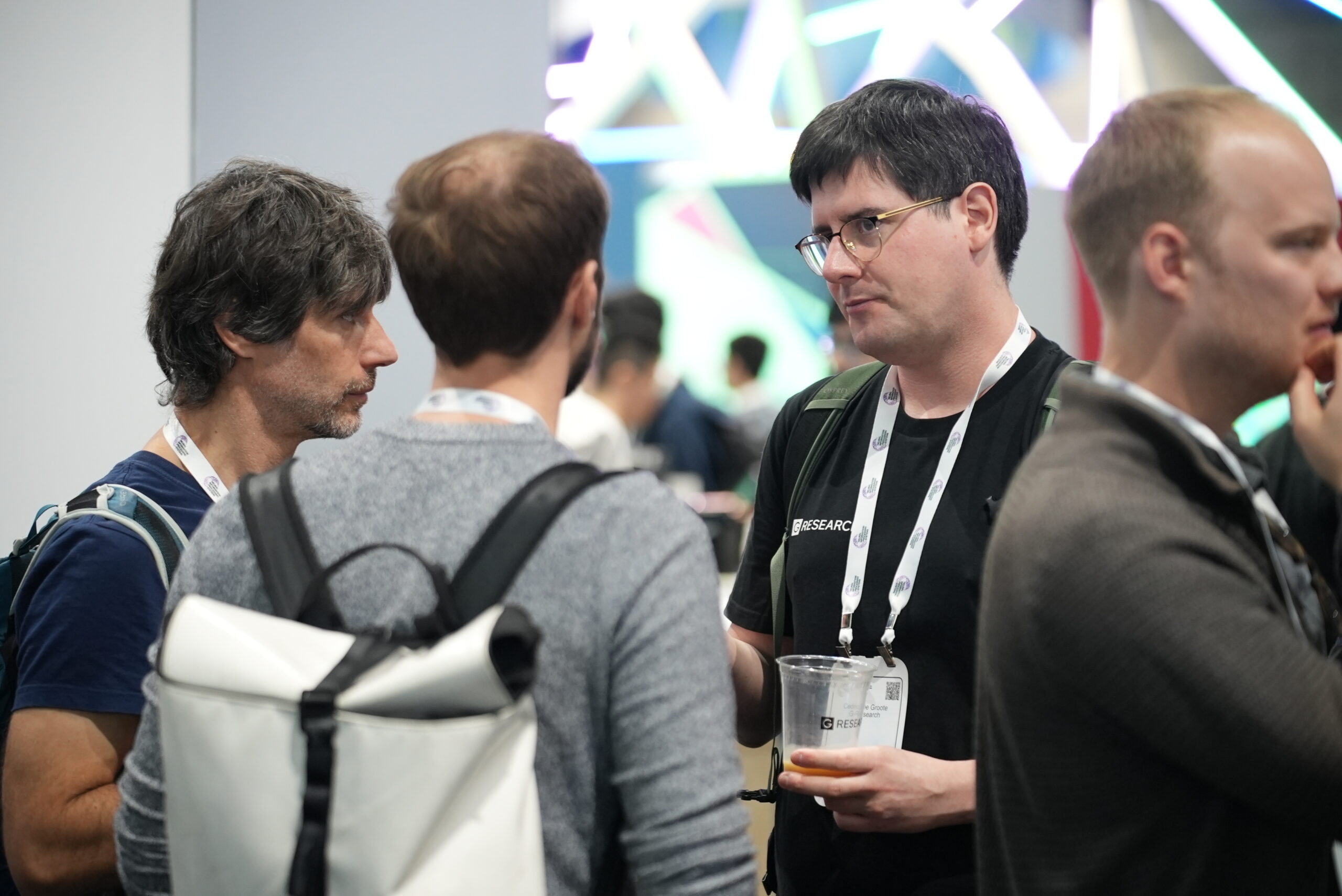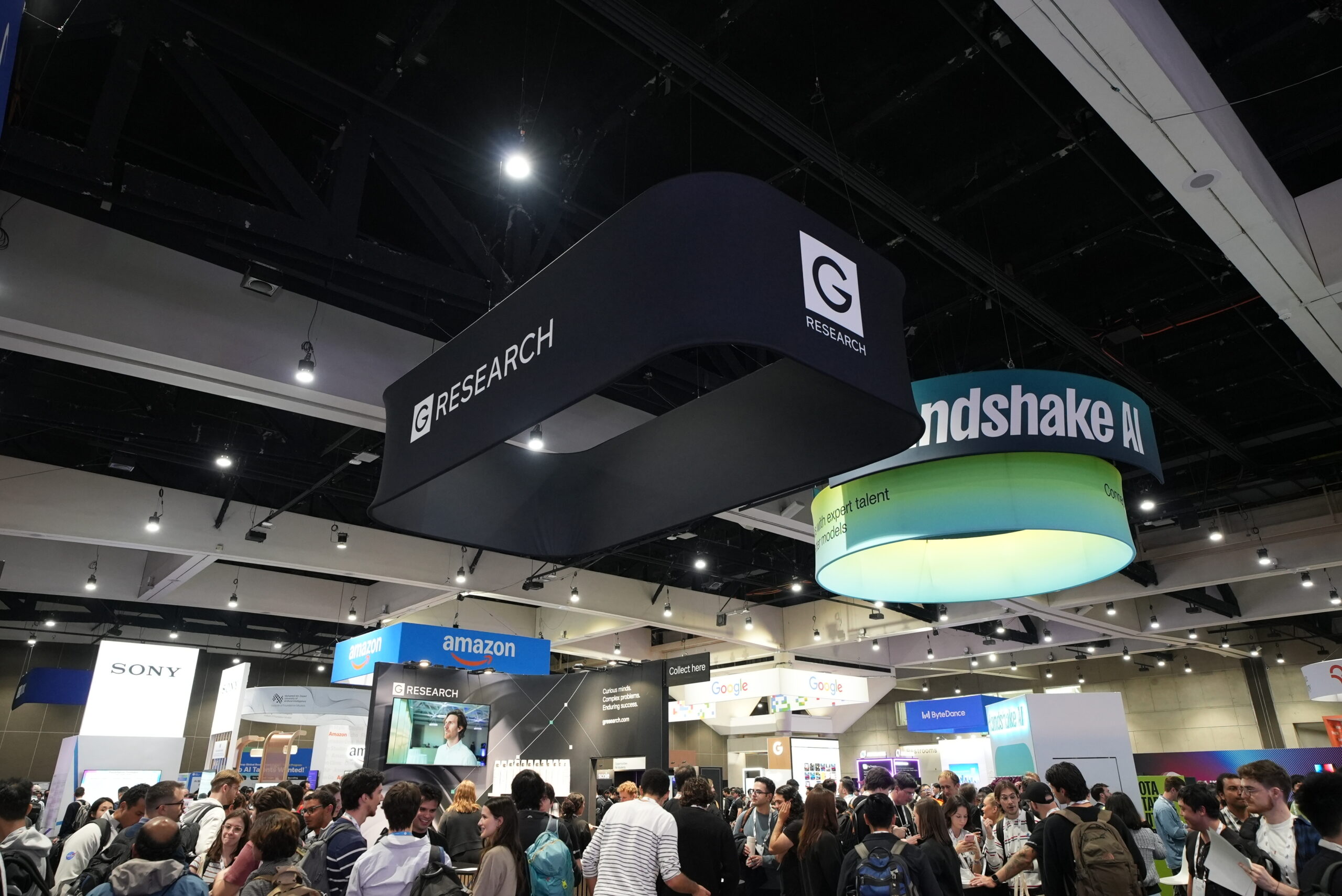Each month, we provide up to £2,000 in grant money to early career researchers in quantitative disciplines.
Our aim is to support and assist PhD students and postdocs conducting research, particularly with costs that may be difficult to get funding for elsewhere, for example, travel for those who are caring for children, or expenses for volunteer work related to research.
Read on to hear from our latest winners, their research and how our grants will aid their work.
July grant winners
Guilhem Doat (Institut Polytechnique de Paris)
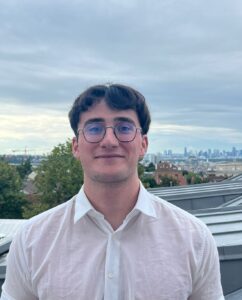
“I am a first year PhD Researcher at Institut Polytechnique de Paris, working in the field of theoretical physics and more precisely, on quantum foundations.
“I am interested in understanding how to formulate a consistent theory of quantum reference frames. This could prove very useful in many aspects of theoretical physics, from quantum information theory to quantum gravity.
“The G-Research grant will help in financing my trip to Japan for the QRF 2025 conference, where I am hoping to present my first research paper, unravelling differences between competing approaches to quantum reference frames.”
Sarah Kaarina Crockford (University of Cambridge)
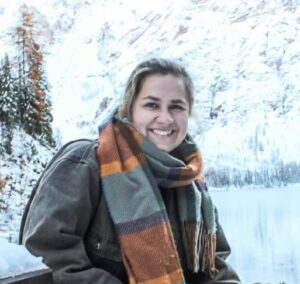
“Currently, I am a post-doc in the Neuroinformatics group at the University of Cambridge. Originally, my academic journey began in the humanities, where I earned a PhD in Linguistics. However, over time, my research interests evolved toward more quantitative and computational approaches to understanding human behaviour and cognition from the perspective of handling large-scale, naturalistic data.
“The G-Research grant will help consolidate my quantitative skills by supporting my attendance at the Analytical Connectionism Summer School, hosted at the Gatsby Computational Neuroscience Unit.”
Guiomar Pescador Barrios (Imperial)
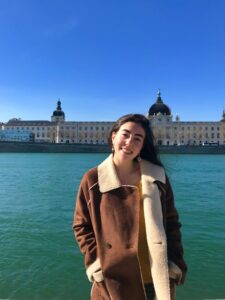
“I am a PhD student in the StatML CDT, jointly based at Imperial College London and the University of Oxford. My research focuses on developing principled methods for Approximate Bayesian Inference, Automatic Neural Architecture Selection and Continual Learning. I am particularly interested in enabling models to adapt efficiently to evolving data streams.
“I am currently a visiting student at RIKEN AIP in Tokyo, working with the Adaptive Bayesian Intelligence Team on continual learning and model adaptation.
“The G-Research grant will generously support my participation at ICML 2025 in Vancouver, where I will present our work Adjusting Model Size in Continual Gaussian Processes: How Big is Big Enough?.”
Piyush Borole (University of Edinburgh)
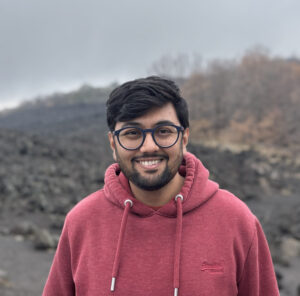
“I’m a final-year PhD student at the University of Edinburgh, studying interpretability in the biomedical domain.
“My research focuses on developing machine learning models that balance high predictive performance with transparent decision-making. Interpretability is key to building trust and enabling adoption of AI in biomedical and healthcare settings.
“With the support of the G-Research grant, I will be able to attend the Machine Learning for Healthcare (MLHC) 2025 conference, an important venue where my interdisciplinary work fits naturally. This opportunity, especially at the final stage of my PhD, allows me to present my research, engage with experts in the field and gain exposure to the latest advancements at the intersection of machine learning and healthcare.”
Allison Clement (University of Oxford)
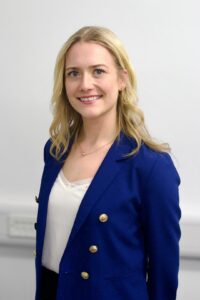
”I am a PhD student at the University of Oxford, where my research focuses on advancing confidence in machine learning and computer vision methods for medical prediction tasks.
“I’m delighted to share that my paper, “Confidence in Angle Predictions for Clinical Decision Support”, has been accepted for a main presentation at the Medical Image Computing and Computer-Assisted Intervention (MICCAI) Conference this September. This work introduces new methods for incorporating confidence measures into angle predictions made by machine learning models—techniques with broad potential across clinical decision-making tasks. These methods are verified using clinical confidence scores. MICCAI is an internationally renowned, A-rated conference and is widely regarded as the leading venue for research in medical imaging and machine learning.
“I’m incredibly grateful to G-Research for supporting both my attendance at MICCAI and my research more broadly. Their commitment to advancing scientific research makes opportunities like this possible. Attending MICCAI will allow me to present my work to leaders in the field, receive valuable feedback and engage with the latest developments at the intersection of machine learning and healthcare. Thank you to G-Research for helping make this opportunity a reality”
Congratulations to all of our grant winners.

